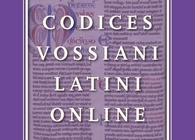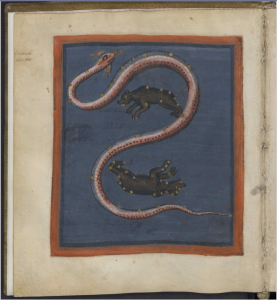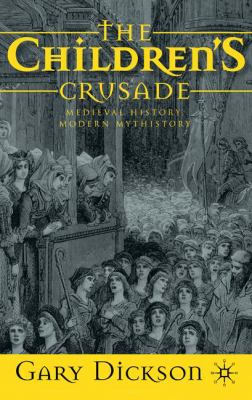Got your reading list but not sure what you’re being asked to read (is it a book, is it an article, is it a bird, is it a plane…)? Or are you just not sure how you’re meant to search for and find these items in the Library (in print or online)?
 It may just be the first week of semester but many of you will already be required to start reading material in preparation for your lectures, seminars or tutorials. Finding and accessing this material can be an early hurdle for many new students but don’t panic, it can be a lot easier than you think.
It may just be the first week of semester but many of you will already be required to start reading material in preparation for your lectures, seminars or tutorials. Finding and accessing this material can be an early hurdle for many new students but don’t panic, it can be a lot easier than you think.
Learning how to read your reading list and recognise references now will make you more confident using the Library and will save you a lot of time in your studies later. And these skills will be of use to you at all stages of your University life and beyond.
What’s in a reading list?
Reading lists are just lists of essential, recommended or further readings for your course. They can include a wide range of material including books, book chapters, journal articles, documentaries, films, newspaper articles, websites, blogs, etc., but I am going to concentrate on the 3 most common:
- Books
- Book chapters
- Journal articles

 Thanks to a request from a member of staff in Classics, we currently have trial access to Brill’s Codices Vossiani Latini Online which publishes all 363 codices which form the world-famous Latin part of Isaac Vossius’ manuscript collection held at Leiden University Library.
Thanks to a request from a member of staff in Classics, we currently have trial access to Brill’s Codices Vossiani Latini Online which publishes all 363 codices which form the world-famous Latin part of Isaac Vossius’ manuscript collection held at Leiden University Library.


 Mesopotamia: ancient art and architecture by Zainab Bahrani (shelfmark: Folio N5370 Bah.)
Mesopotamia: ancient art and architecture by Zainab Bahrani (shelfmark: Folio N5370 Bah.) From Constantinople to the Frontier edited by Nicholas S. M. Matheou, Theofili Kampianaki; Lorenzo M Bondioli (e-book)
From Constantinople to the Frontier edited by Nicholas S. M. Matheou, Theofili Kampianaki; Lorenzo M Bondioli (e-book)


